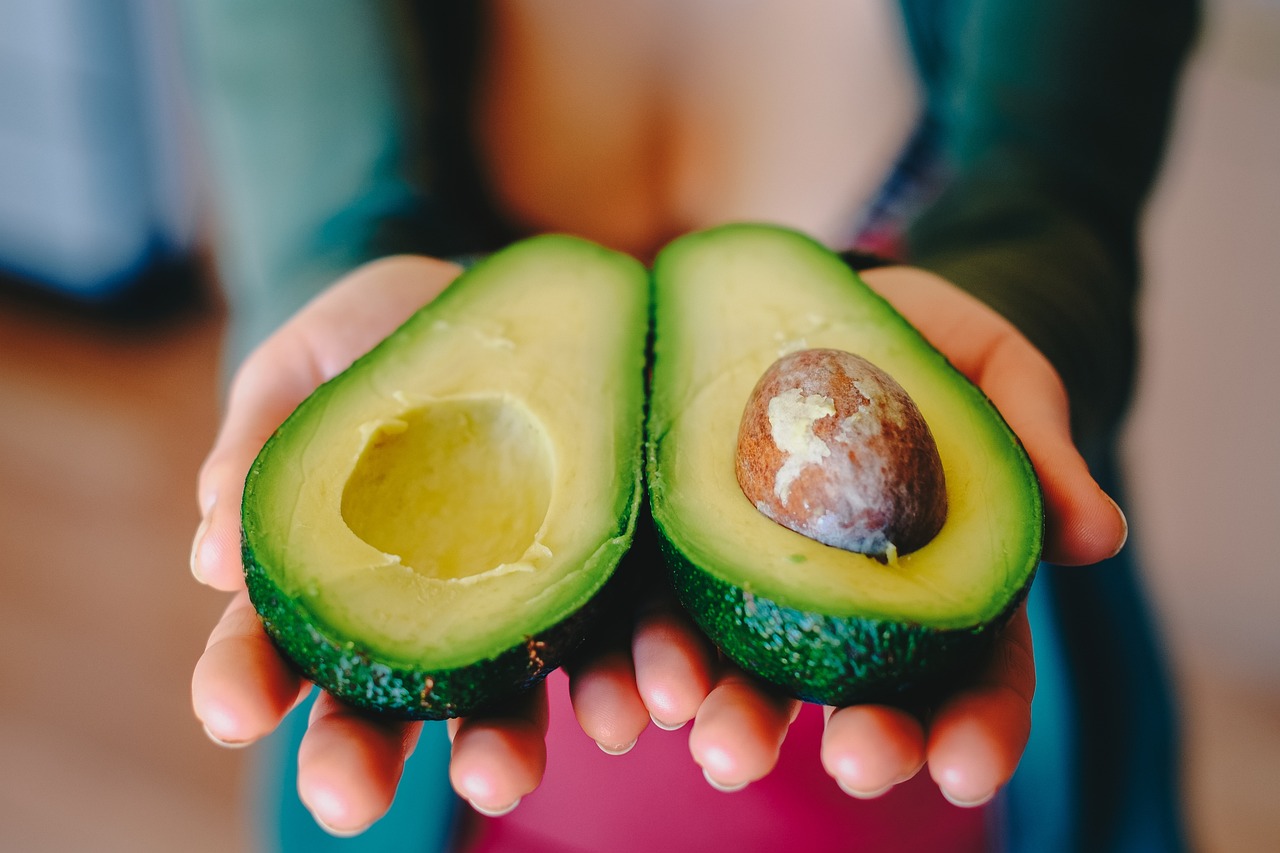The answer might surprise you
By Dina Gavarieva
If you’ve ever joked about “not going for days”, it might be time to take a closer look at your digestive habits.
A recent study from the American Gut Project, one of the largest microbiome studies to date, has revealed that people who don’t have a daily bowel movement may be at greater risk for a range of health issues, from bloating and fatigue to inflammation and even cognitive decline.
Researchers further found that people who move their bowels more frequently tend to have a healthier gut microbiome – the vast community of bacteria that plays a crucial role in digestion, immunity and overall wellbeing.
While many assume that going every other day is perfectly normal, this new research suggests otherwise. Once a day should be the baseline. If it’s not yours, you’re already slipping into constipation territory – something most people ignore until it becomes uncomfortable or chronic.
Constipation is more than a mild nuisance. It can be the tip of the iceberg, a signal that digestion isn’t functioning as it should. And there’s a wide range of reasons this can happen.
One often overlooked factor is poor liver and gallbladder function. These organs are key to producing and releasing bile, which is essential for breaking down fats and keeping things moving in the digestive tract. When bile flow is sluggish, the bowels tend to follow suit.
Diet also plays a major role. A lack of fibre, particularly from fruit, vegetables and whole plant foods, is a leading cause of constipation.
Saying that, it’s not all about fibre content; the way foods are combined on the plate can also have a significant impact.
Modern digestion science – and ancient wisdom – suggests that pairing proteins and starches may create a digestive traffic jam.
This is because proteins require an acidic environment to digest, while starches need an alkaline one. When eaten together, the digestive system is forced to split its focus, often leading to fermentation, bloating and, yes, constipation.
According to food-combining strategies now gaining attention in wellness circles, lighter, more harmonious pairings – like vegetables with either protein or starch, but not both – can ease the strain on the gut.
But even a perfect diet may not be enough if deeper issues are at play.
The gut can become host to parasites, fungal overgrowths such as candida, biofilms, which are sticky layers of bacteria, and mucoid plaque; residue that lines the intestinal walls and interferes with nutrient absorption and regularity.
These hidden disruptors can take hold quietly and persist for years. A compromised microbiome, meaning an imbalance of good and bad bacteria, can also make bowel movements irregular and uncomfortable.
In some cases, the cause is structural with some people having an unusually long colon or perhaps adhesions or scar tissue from past surgeries. These physical factors can alter the path and ease of waste elimination.
Then there’s the role of medication. A wide range of common pharmaceuticals, including painkillers, antidepressants, and even iron supplements, list constipation as a side effect.
It might be an embarrassing topic to bring up with your GP, but constipation isn’t simply a private inconvenience; it’s often a signal that the body needs support, be it through improved diet, better hydration, more movement, or addressing underlying imbalances in the gut.
And if the latest research tells us anything, it’s that we should all be paying far more attention to what goes on in the loo because the answer to many health mysteries might be at the other end of the digestive tract.
Step away from the steak and chips
For many of us, a meat-and-two-veg diet is a staple of our daily lives, but is it good for us? Not according to the principles of food combining.
The latest science indicates that certain foods digest more efficiently when eaten together, while others should be consumed separately to avoid digestive stress.
This system, which has its roots in ancient Ayurvedic traditions, proposes that the body can effectively digest only one type of concentrated food – such as proteins or starches – at a time.
Proteins like meat, eggs and fish require an acidic environment to break down, while starches like grains and potatoes require an alkaline one.
When consumed together – in the case of steak and chips – the digestive system must attempt to create both conditions simultaneously. This can result in slowed digestion, fermentation, bloating, and inefficient nutrient absorption.
Supporters of food combining believe that poor combinations can contribute to a range of issues including gas, skin problems, low energy, weakened immunity, sugar cravings, chronic infections, nutritional deficiencies, anaemia and even cellulite.
Food combinations that are considered poor include:
- Animal protein with plant protein
- Animal protein with other animal proteins
- Animal protein with starches or grains
- Grains with starchy vegetables
- Fruits with other fruits or complex carbohydrates
- Fruits with dairy
- Grapes or melons with any other food
In contrast, good combinations involve foods that digest under similar conditions:
- Non-starchy vegetables with either proteins, starches, grains or healthy fats
- Plant-based fats such as nuts and seeds with fruit or leafy greens
- Dairy on its own
- Grapes and melons consumed alone
- Leafy greens and healthy fats, which are broadly compatible with most foods
Some ingredients that are considered highly compatible with almost everything include avocadoes, cucumbers, spinach, lemons and tomatoes.
Another core principle of food combining is to eat only fruit until midday.
This is because fruit digests rapidly and, when consumed after slower-digesting meals, it can ferment and lead to gas. Combining fruit in smoothies with plant fats such as seeds, coconut milk, or avocado is fine.
While all this might sound complicated at first, it is worth embracing the science if you suffer from bloating or a lack of energy after meals.
And remember, the gorgeous Cyprus avocado is your friend when it comes to food combinations.
Dina Gavarieva is a qualified naturopath practising at Neomed Institute and Medical Centre, Limassol







Click here to change your cookie preferences